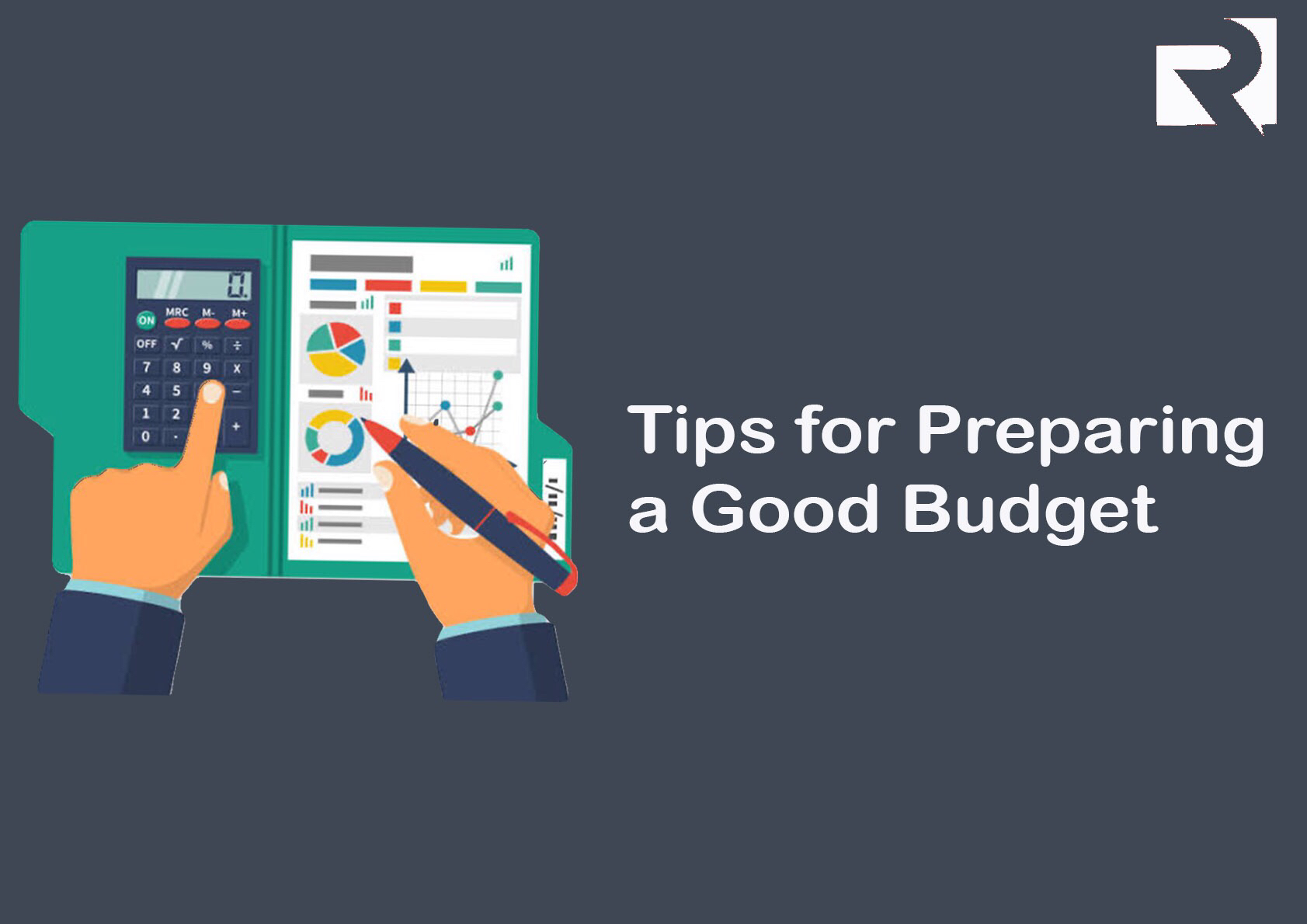Budgeting is optional when it is for your income, but not when it is for a business. A Budget is an essential guide in managing your business finances and maximising available resources. For your business, budgeting goes beyond writing out numbers on paper, it is a tool for maintaining financial health. You must consider your financial statement, itemize your needs and consider your previous budgets. Here are five tips to help you prepare an effective budget.
Research Costs
The prices of things can change at any time and you will not be consulted before it happens. Itemize your needs and find out the current prices. Unexpected prices can be a major setback in achieving your set objectives for the year. Knowing the current price and making allowance for it in your budget helps you to prioritise your needs to accommodate it.
Align it to your Goals and Objectives
Your budget is not a random list of things you want to get. It is a roadmap of the expenses to achieving your goals. The items on your budget should align with your goals and objectives for the year. As you filter out items from your budget to fit your financial resources, the items that should remain on your budget should be the things that bring you a step closer to your goals.
Plan for the Unplanned
Running a business comes with a lot of unforeseen expenses. If you’re preparing the budget for a whole year or even a month, then there will surely be something or a need that will arise that is not included in your budget. It could be a sudden hike in price due to exchange rates or scarcity. There might also be a need to get more than planned for because of an impending situation.
Consider Market Trends
It is crucial to consider the current market trends and what they mean for your business. Your budget relies on expected revenue as much as it is determined by previous revenue. Your budget should reflect what is expected to be obtainable in the market given the current trend in the industry. It could mean something on your production budget having low demand and another one having an increased demand. You should anticipate this and make allowance for it in your budget.
Consider all Departments
Every department that would be affected by the budget, which is actually all departments, should be represented during budgeting. If this is not possible, then the budget committee should meet with every department to discuss the cost of their needs to function effectively. This discussion should be guided by an already submitted budget by the department.
While your budget is to be religiously followed, it is also to be reviewed. Have set time to review your budget. It will help you track your progress, remove or make room for more items, and adjust it to unexpected changes. This review could be quarterly, and alterations to the budget should be only if necessary as this will help to stick to the budget.



